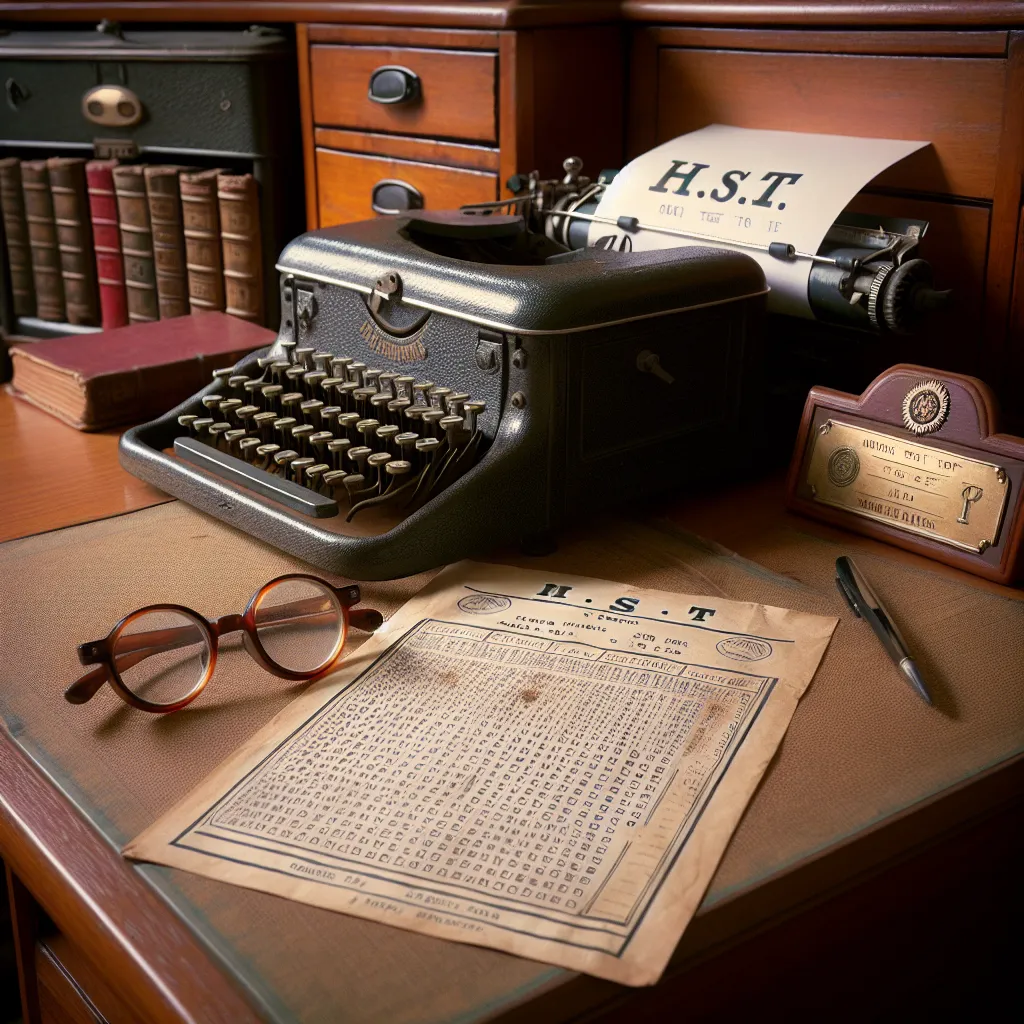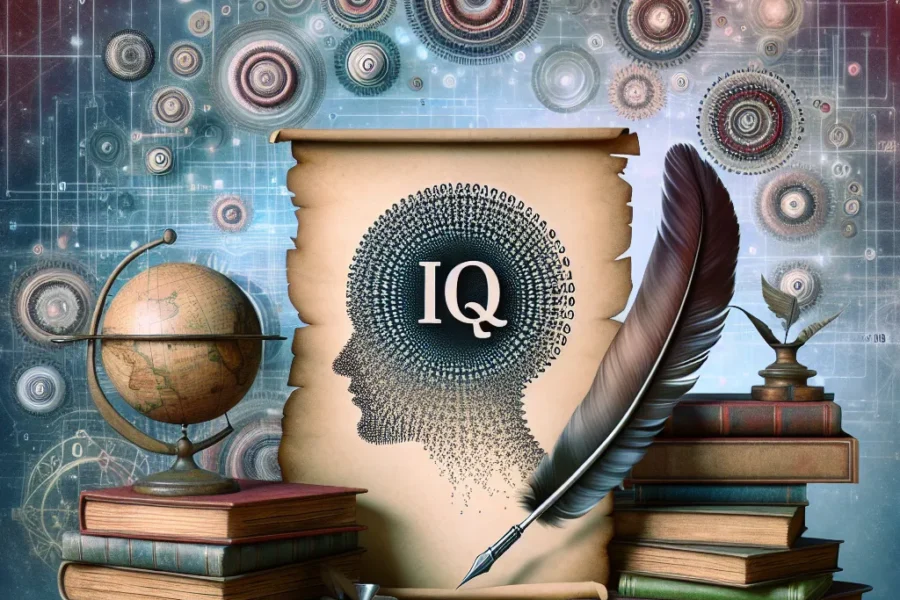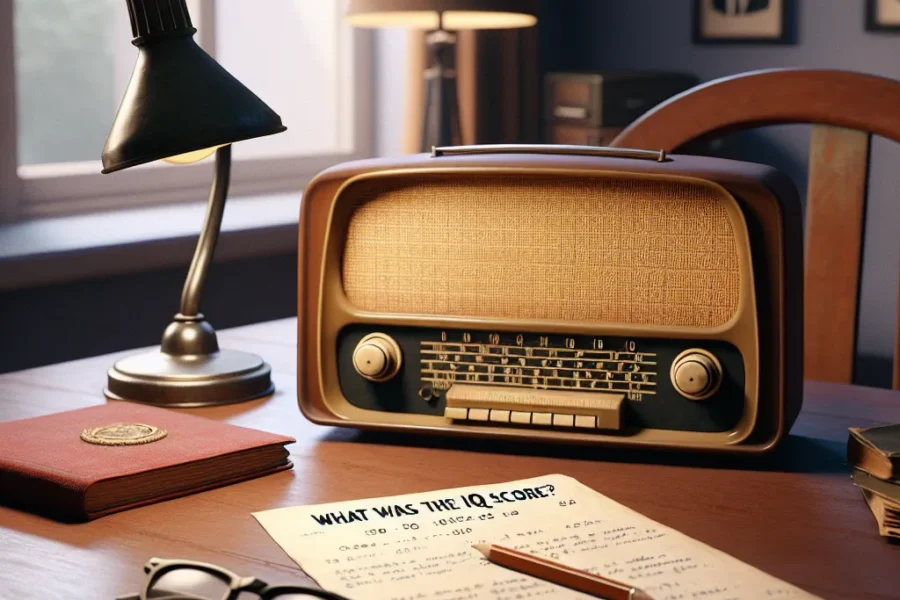What Was Harry S. Truman’s IQ Score?
When considering the lives and achievements of past U.S. presidents, many people often ponder not just their leadership qualities and accomplishments but also their intellectual capabilities. Among the list of U.S. presidents, Harry S. Truman stands out for several reasons. Often overshadowed by his predecessor, Franklin D. Roosevelt, who led the nation through most of World War II, Truman played a pivotal role in shaping the post-war world. This leads us to an intriguing question: what was Harry S. Truman’s IQ score?
If you are looking for legitimate IQ Tests which pass the entry bar for Mensa, see our IQ Tests.
Before delving into the specifics of Truman’s IQ, it is important to understand the context in which these scores exist. IQ, or Intelligence Quotient, is a measure designed to assess human intelligence. Typically, a score above 140 is considered genius level, whereas a score from 120 to 139 is deemed to be “very superior intelligence.” A score from 110 to 119 is “superior intelligence,” and scores ranging from 90 to 109 are considered average.
Harry S. Truman, the 33rd President of the United States, is often remembered for making some of the most consequential decisions in American history, including the use of atomic bombs on Hiroshima and Nagasaki to end World War II. But what about the intelligence behind these decisions? Surprisingly, there is no definitive, widely-accepted record of Harry Truman’s IQ score. Various sources have speculated different figures, but these remain largely unverified.
Historically, Truman is often portrayed as a man of common sense and practical wisdom rather than sheer intellectual brilliance. His educational background was less distinguished compared to many of his presidential peers. Born on May 8, 1884, in Lamar, Missouri, Truman grew up in a rural environment and did not attain a college degree. He attended some business and law courses at Spalding’s Commercial College and the Kansas City Law School, but never formally graduated.
Despite his modest educational background, Truman’s voracious reading habit was well-documented. He was particularly interested in history, which undoubtedly contributed to his practical knowledge and decision-making skills. He famously remarked, “Not all readers are leaders, but all leaders are readers.”
Moreover, Truman’s political ascent was not typical. He worked various jobs, from a timekeeper on the Santa Fe railroad to a farmer, until he joined the Missouri National Guard during World War I. His military service bolstered his leadership skills, eventually paving the path for his political career. Truman’s political journey began in Jackson County, Missouri, where he served as an administrative judge. Despite early skepticism, he eventually won a U.S. Senate seat in 1934, where he made notable contributions, especially through the Truman Committee, tasked with investigating war profiteering during World War II.
Nonetheless, the lack of a concrete IQ score for Truman shouldn’t undermine our perception of his intellect. Various biographical accounts suggest that his cognitive abilities were well-suited for the myriad challenges he faced. Dean Acheson, Truman’s Secretary of State, once said, “I know nothing about his IQ, but if I had been in charge of the program which measured IQ of the presidential personnel, he would have got top marks from me.” The common misconception that Truman was a “simple man” overlooks the complexity of his experience and the wisdom he demonstrated.
Several anecdotal records suggest that Truman’s IQ was in the range of 130-130, categorizing him as having “very superior intelligence.” While these figures are speculative, they align with the general understanding of Truman’s capabilities. Moreover, his decisions as President offer indirect evidence of high cognitive function. For example, the implementation of the Marshall Plan, the creation of NATO, and the desegregation of the armed forces are strategic and impactful moves that required deep intellectual insight and foresight.
To provide a more rounded perspective, it’s essential to consider the broader implications of IQ and its measurement. IQ tests, though informative, are not the sole indicators of a person’s capability or potential for success. Emotional intelligence, practical wisdom, and the ability to make timely decisions often play equally significant roles, especially in leadership positions. Truman exhibited a combination of these attributes, which arguably compensated for any perceived gaps in formal education or raw intellectual prowess.
Truman’s post-presidential legacy also reflects his enduring wisdom and understanding. After leaving office, he retired to his home in Independence, Missouri, where he remained heavily engaged in writing and organizing his presidential library. Unlike some of his predecessors and successors, Truman declined lucrative offers from private firms and focused on preserving his legacy through documented records of his presidency.
Additionally, to understand Truman’s intelligence, we should look at the people he surrounded himself with. Truman’s choice of cabinet members and advisors, including the likes of George Marshall and Dean Acheson, demonstrated his ability to recognize and utilize talent effectively. This, in itself, is a marker of high cognitive and emotional intelligence.
In conclusion, while Harry S. Truman’s exact IQ score remains elusive, this should not overshadow his practical intelligence and impactful decisions that shaped the course of history. Truman’s journey from modest beginnings to the Oval Office exemplifies a blend of common sense, diligent reading, and practical wisdom. His story reinforces the notion that raw intellectual metrics should not be the sole criterion in evaluating a person’s abilities, especially for leadership roles.
If you are looking for a comprehensive and credible evaluation of your IQ, see our IQ Tests. Understanding and developing our cognitive and emotional capabilities can offer new insights into ourselves and the broader world, much like Truman’s extensive reading and hands-on experience helped him navigate the complexities of his time.



Leave a Comment